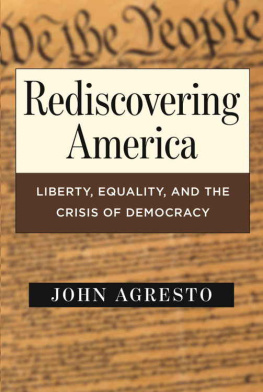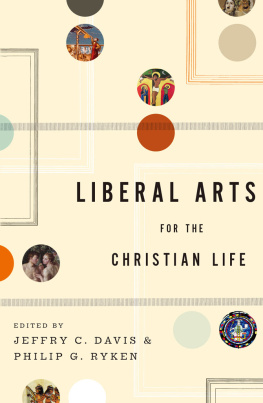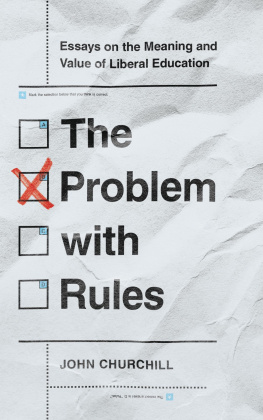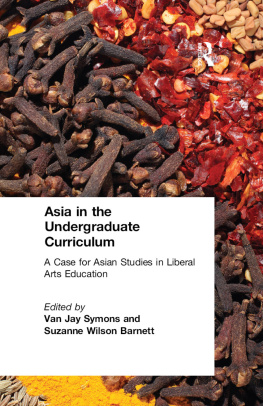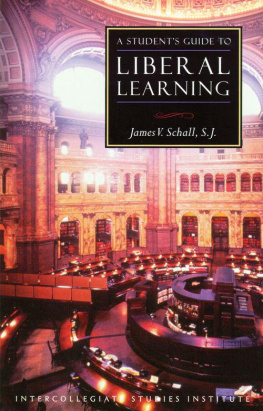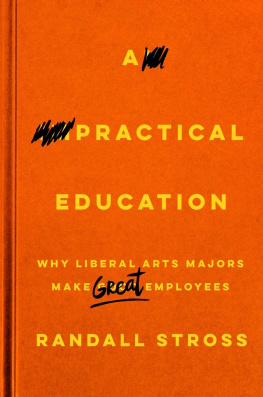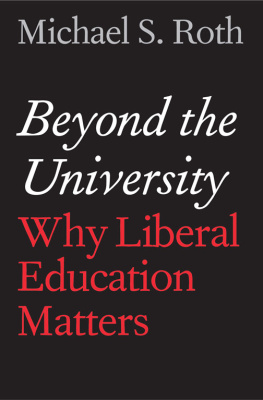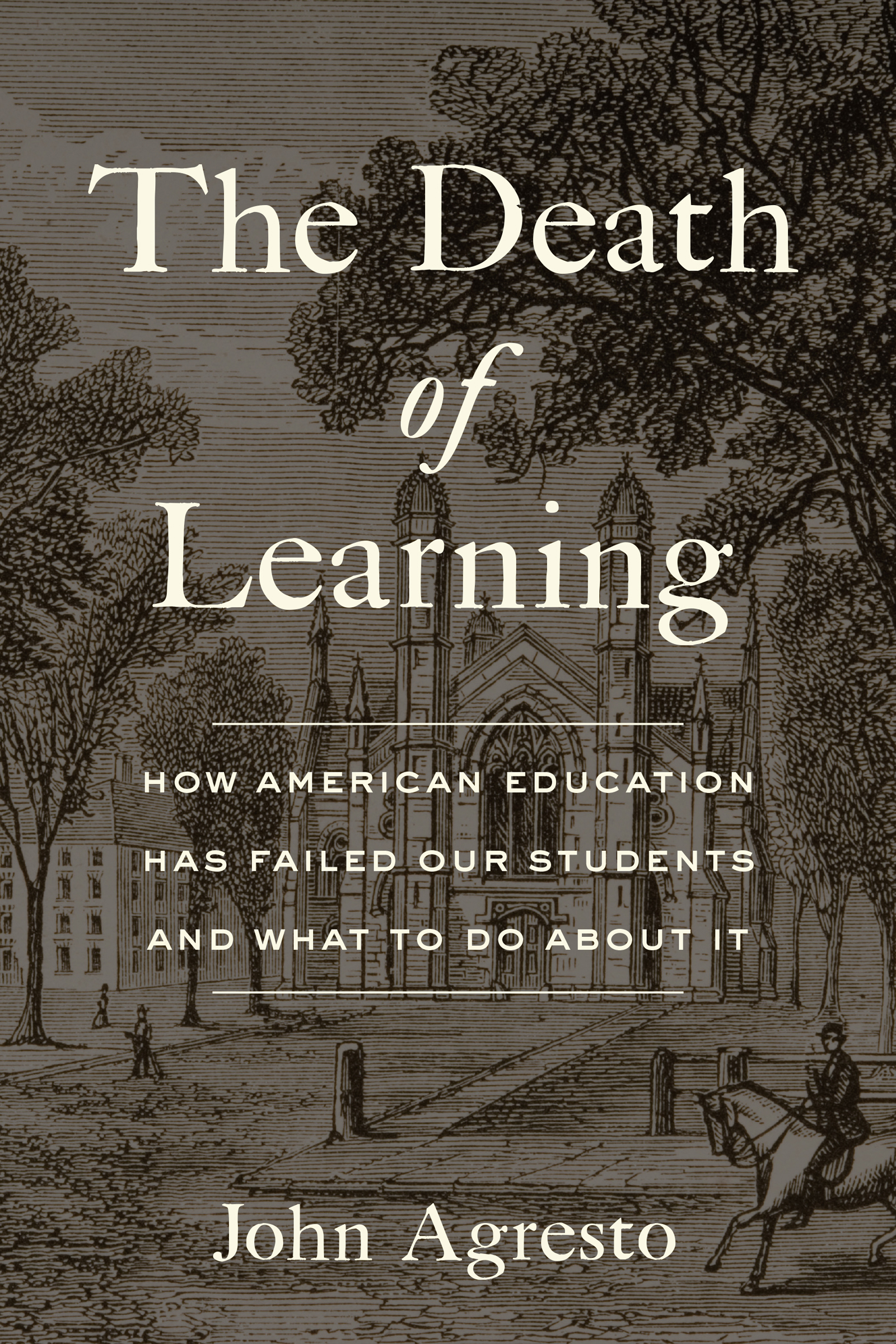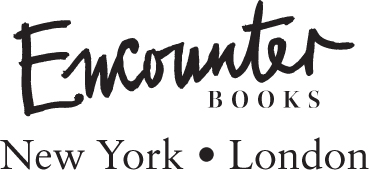John Agresto - The Death of Learning: How American Education Has Failed Our Students and What to Do about It
Here you can read online John Agresto - The Death of Learning: How American Education Has Failed Our Students and What to Do about It full text of the book (entire story) in english for free. Download pdf and epub, get meaning, cover and reviews about this ebook. year: 2022, publisher: Encounter Books, genre: Art. Description of the work, (preface) as well as reviews are available. Best literature library LitArk.com created for fans of good reading and offers a wide selection of genres:
Romance novel
Science fiction
Adventure
Detective
Science
History
Home and family
Prose
Art
Politics
Computer
Non-fiction
Religion
Business
Children
Humor
Choose a favorite category and find really read worthwhile books. Enjoy immersion in the world of imagination, feel the emotions of the characters or learn something new for yourself, make an fascinating discovery.

- Book:The Death of Learning: How American Education Has Failed Our Students and What to Do about It
- Author:
- Publisher:Encounter Books
- Genre:
- Year:2022
- Rating:4 / 5
- Favourites:Add to favourites
- Your mark:
The Death of Learning: How American Education Has Failed Our Students and What to Do about It: summary, description and annotation
We offer to read an annotation, description, summary or preface (depends on what the author of the book "The Death of Learning: How American Education Has Failed Our Students and What to Do about It" wrote himself). If you haven't found the necessary information about the book — write in the comments, we will try to find it.
The liberal arts are dying. They are dying because most Americans dont see the point of them. Americans dont understand why anyone would study literature or history or the classicsor, more contemporarily, feminist criticism, whiteness studies, or the literature of postcolonial stateswhen they can get an engineering or business degree.
Even more concerning is when they read how Western civilization has become a term
of reproach at so many supposedly thoughtful institutions; or how fanatical political correctness works hard to silence alternative viewpoints; or, more generally, how liberal studies have become scattered, narrow, and small. In this atmosphere, its hard to convince parents or their progeny that a liberal education is all that wonderful or that its even worthy of respect.
Over sixty years ago, we were introduced to the idea of the two cultures in higher education that is, the growing rift in the academy between the humanities and the sciences, a rift wherein neither side understood the other, spoke to the other, or cared for the other. But this divide in the academy, real as it may be, is nothing compared to another great dividethe rift today between our common American culture and the culture of the academy itself.
So, how can we rebuild the notion that a liberal education is truly of value, both to our students and to the nation? Our highest hopes may be not to restore the liberal arts to what they looked like fifty or a hundred years ago but to ask ourselves what a true contemporary American liberal education at its best might look like.
Remedying this situation will involve knowing clearly where we wish to go and then understanding how we might get there. For those objectives, this book is meant to be the beginning.
John Agresto: author's other books
Who wrote The Death of Learning: How American Education Has Failed Our Students and What to Do about It? Find out the surname, the name of the author of the book and a list of all author's works by series.

